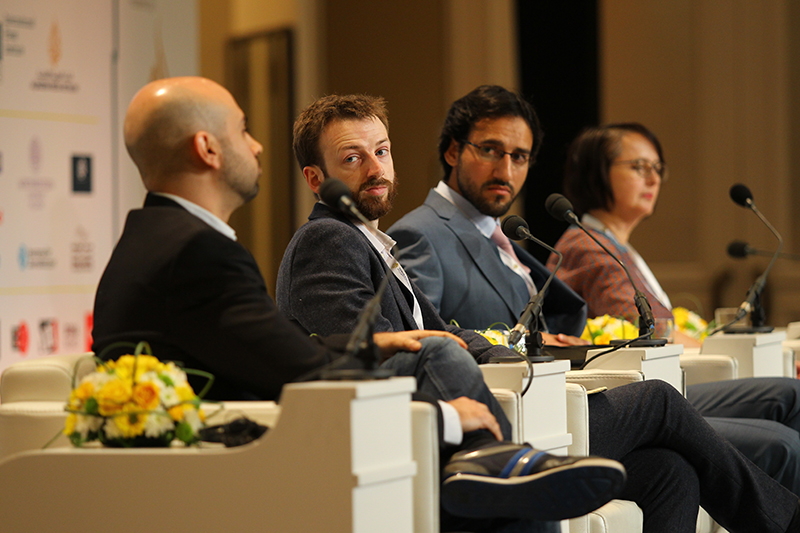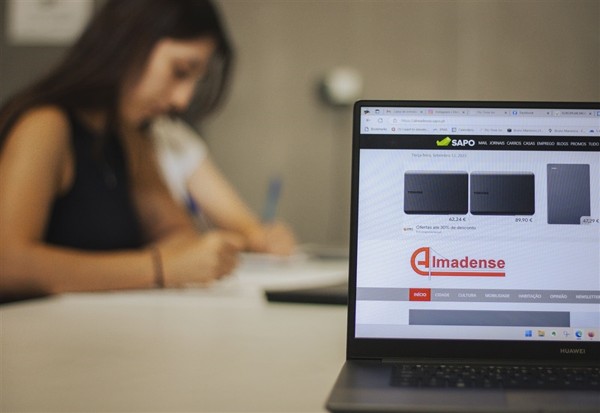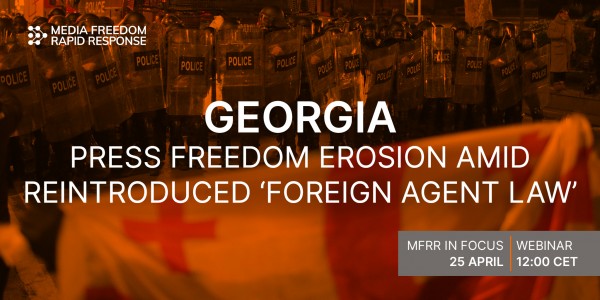The transition from citizen journalist to Al Jazeera correspondent led to more than just a steady paycheck for Ammar Al Haj. It also led to his eventual capture by the Islamic State group.
At the beginning of the uprising in Syria, Al Haj spent most of his time relaying information from his position on the ground to the mainstream media covering the conflict.
“I found myself as an eyewitness,” he said. “I used to make interviews by phone with the media.”
After being recruited by Al Jazeera in 2012, Al Haj continued to tell the story of his country’s conflict while based in eastern Syria. This time, though, he had the resources of a major media organisation behind him.
In 2014, he was apprehended by the Islamic State group and spent more than 100 days in captivity.
“At the time when you are arrested by some kind of extremists, you are not thinking in a reasonable way,” he said when asked whether his imprisonment reaffirmed his transition to professional journalism or left him questioning his decision. “You just need to find a way out.”
Unfortunately, Al Haj’s story isn’t unique. Many citizen journalists also face significant risk in their efforts to tell the story of their countries, which they believe are often overlooked by the mainstream media.
“In our part of the world, the media are all bought… by the government,” Daoud Kuttab, the Director General of Community Media Network in Jordan, said.
During Sunday’s panel “Untrained, Unpaid and Unprotected Contributors – Obligations & Responsibilities of Media Towards Citizen Journalists”, Habib Battah, founder of The Beirut Report, said citizen journalists in Lebanon have supplemented mainstream media coverage by providing specialised knowledge in areas such as engineering and law.
“What we lack is beat reporting in our region,” he said, noting that important issues related to utilities, property zoning and lawmaking are often uncovered or poorly reported by the major media.
Professionals outside journalism often have the knowledge base to help professional journalists look into these complex issues, Battah said.
“I think we need journalists who know what questions to ask,” he said. “I think being a generalist is a problem in journalism.”
Perhaps the biggest challenge to working with citizen journalists relates to verification of their content, Joe Galvin, the Europe News Editor for Storyful, observed.
The mainstream media have a duty to interrogate the source’s content and authenticate it before pushing the information out to the public, Galvin said.
Storyful focuses on verifying the location, date and original source of any content that it is provided, he explained. Often that means trying to find the person who shot footage of violence or from conflict zones.
“We never encourage people to take risks, but we can’t stop them from taking them,” Galvin said, noting that he believes the industry has a responsibility to protect citizen journalists in the same way some sources should be protected.
Several panellists noted the need to develop best practices around citizen journalists because of their increasing role in mainstream media coverage.
“They are the media or they are the news organisations in some areas because of the diminishing local resources or coverage,” journalism innovator and media trainer Sarah Hartley said of citizen journalists in the United Kingdom.
In several instances, citizen journalists have helped push forward media freedoms that benefit professional journalists, she said. In particular, she spoke about how citizen journalists have helped reform the law in Britain relating to filming at public meetings.
For Al Haj, the distinction between the two positions did not represent much of a transition in terms of professionalism or ethics.
“[Being objective] that started from within me,” he said of his days as a citizen journalist. “That’s your duty. I just need to tell the story as it happened.”



